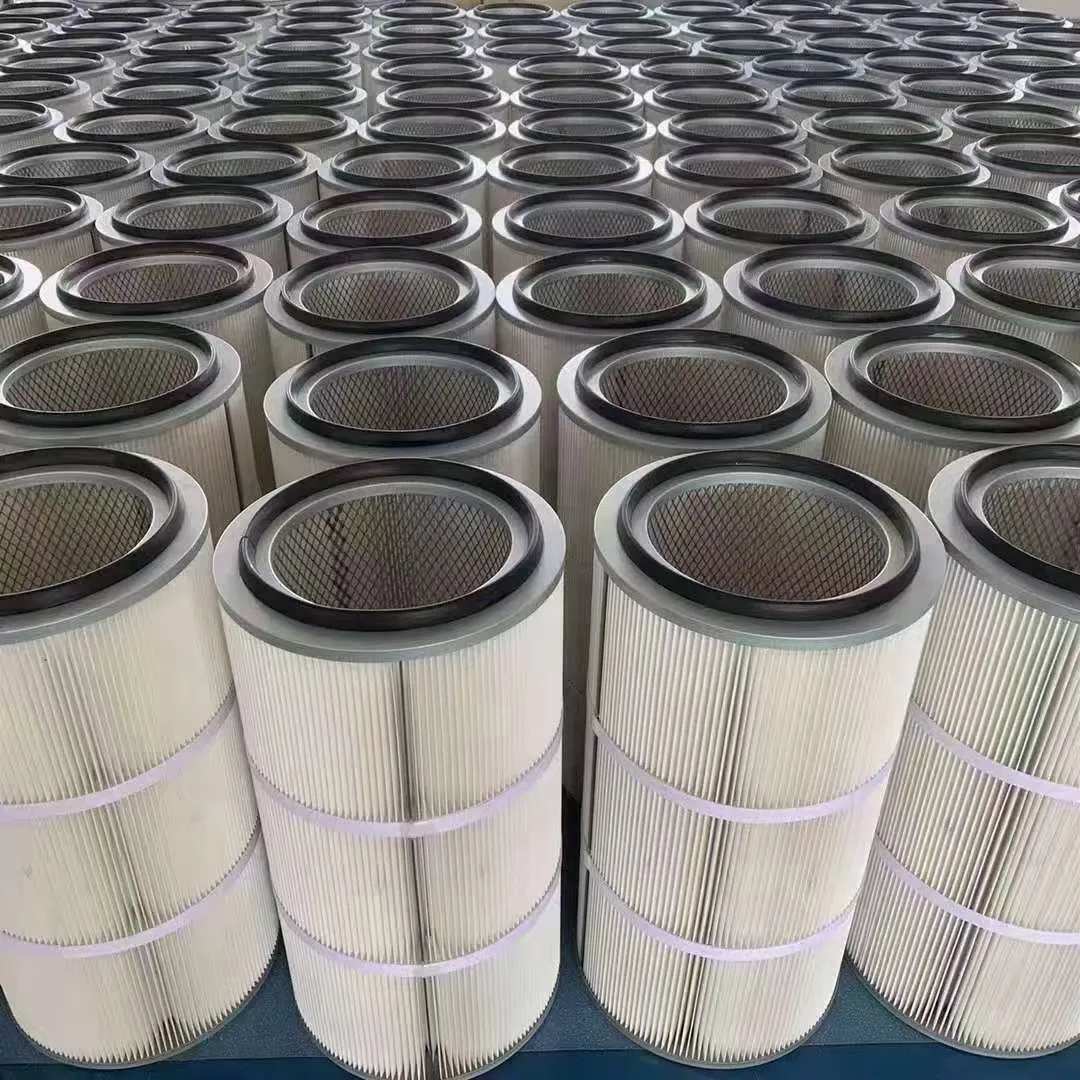 Tel:
+8615930870079
Tel:
+8615930870079
Ago . 13, 2024 00:42 Back to list
Leading Manufacturers of Air Intake Filters for Gas Turbine Applications in the Energy Sector
Gas Turbine Air Intake Filter Manufacturers Ensuring Efficiency and Longevity
Gas turbines are a crucial component in various industries, from power generation to aviation. They require clean and efficient operation to maximize performance and longevity. One of the critical components that contribute to the proper functioning of gas turbines is the air intake filter. This article explores the role of air intake filters in gas turbines and highlights some key manufacturers in this industry.
Importance of Air Intake Filters
Air intake filters play a vital role in safeguarding gas turbines from contaminants such as dust, dirt, and moisture. These particles can cause damage to the turbine's internal components, leading to reduced efficiency, increased maintenance costs, and, ultimately, operational downtime. A properly functioning air intake filter ensures a steady flow of clean air, thereby optimizing combustion and improving overall performance.
Moreover, effective filtration can enhance the turbine's lifespan. Particles entering the combustion chamber can lead to erosion, corrosion, and fouling of components, necessitating frequent repairs or replacements. By investing in high-quality air intake filters, operators can mitigate these risks and ensure that their turbines operate at peak performance for an extended period.
Key Manufacturers of Gas Turbine Air Intake Filters
The market for gas turbine air intake filters is competitive, with several manufacturers recognized for their innovation and quality. Some of the leading companies in this field include
gas turbine air intake filter manufacturers

1. Donaldson Company, Inc. Donaldson is a global leader in filtration solutions, including those for gas turbines. They offer a range of air intake filters designed to provide efficient filtration while minimizing pressure drop, which can enhance overall turbine efficiency. With a long history in the industry, Donaldson focuses on research and development, ensuring their products meet evolving technological standards.
2. Parker Hannifin Corporation Parker Hannifin is another prominent player in the filtration market. Their gas turbine air intake filters are renowned for their durability and high filtration efficiency. The company uses advanced materials and technologies to develop filters that can withstand harsh operating environments while providing optimal protection to turbine components.
3. Air Filtration Solutions (AFS) AFS specializes in providing customized air filtration solutions for gas turbines. They focus on innovative designs that cater to specific turbine requirements, ensuring maximum performance and reliability. Their filters are engineered to resist clogging and maintain airflow, which is crucial for the efficient operation of gas turbines.
4. Aero-Tech Filters Aero-Tech Filters is known for its state-of-the-art filtration technology. Their products are designed to enhance the efficiency and reliability of gas turbines, with a strong emphasis on sustainability. The company has developed filters that not only provide excellent filtration but also reduce energy consumption, making them an eco-friendly choice for turbine operators.
5. Fibertech Fibertech offers advanced filtration systems that utilize synthetic and glass fiber media to capture airborne particles effectively. Their filters are engineered for high dirt-holding capacity, which translates to longer service intervals and reduced maintenance. Fibertech's commitment to innovation has made them a trusted partner for gas turbine operators.
Conclusion
The importance of air intake filters in the operation of gas turbines cannot be overstated. As the industry continues to evolve, the need for highly efficient, durable, and reliable filtration solutions becomes ever more critical. Leading manufacturers like Donaldson, Parker Hannifin, Air Filtration Solutions, Aero-Tech Filters, and Fibertech are at the forefront, providing innovative products that enhance turbine efficiency and longevity. By selecting high-quality air intake filters, operators can ensure optimal gas turbine performance, reduce maintenance costs, and improve overall operational reliability.
-
Nano Fiber Technology: Revolutionizing Cartridge Dust Collector FiltersNewsAug.06,2025
-
How Activated Carbon Air Cartridges Eliminate OdorsNewsAug.06,2025
-
Dust Filter Cartridge Handling Fine Particulate MatterNewsAug.06,2025
-
Cartridge Dust Collector Filter for Welding Fume ExtractionNewsAug.06,2025
-
Activated Carbon Filter Cartridge Effectiveness Against VOCsNewsAug.06,2025
-
Activated Carbon Air Filter Cartridge Benefits ExplainedNewsAug.06,2025

 Email:
Email:





